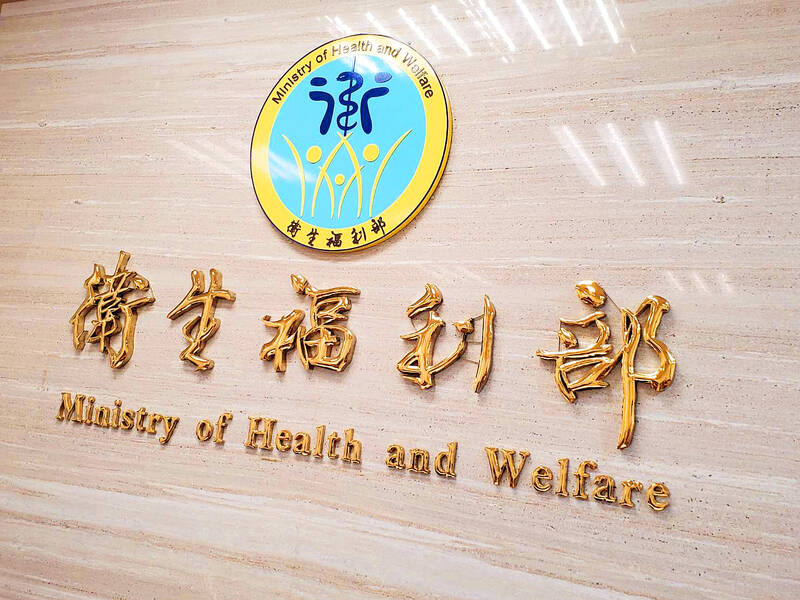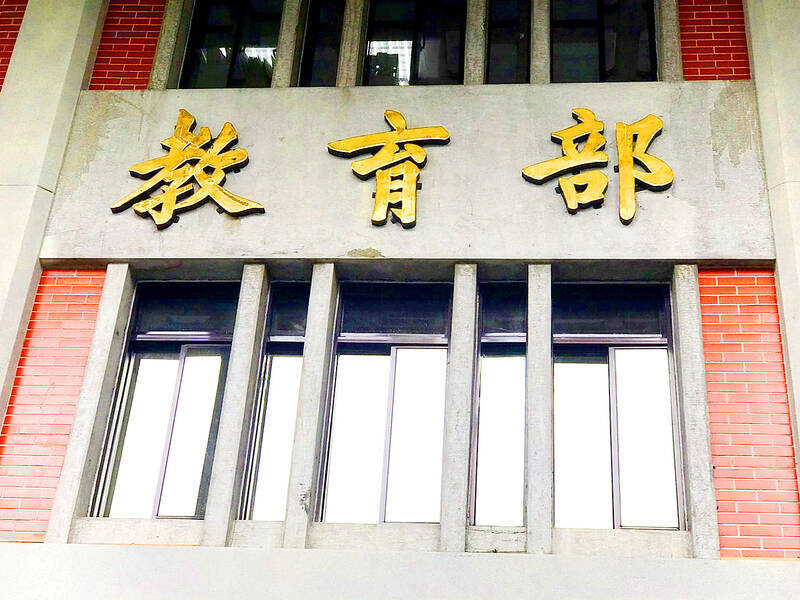Employees at the Ministry of Health and Welfare’s (MOHW) 26 hospitals nationwide are to get a 4 percent pay raise effective January next year, while nurses at 21 of those hospitals would have received additional pay increases by the end of this month.
The across-the-board 4 percent pay raise in January is aimed at addressing an acute employee shortage at MOHW medical institutions, Yang Nan-ping (楊南屏), deputy executive director of the ministry’s Hospital and Social Welfare Organizations Administration Commission, said yesterday.
The shortage has been aggravated by fierce competition from private hospitals in recent months. Chang Gung Memorial Hospital, Cheng Hsin General Hospital, Far Eastern Memorial Hospital and Shin Kong Wu Ho-Su Memorial Hospital have all increased their salaries this year, and Cathay General Hospital and Taiwan Adventist Hospital are to follow suit next year, he said.

Photo: Lin Hui-chin, Taipei Times
MOHW hospitals have already taken steps this year to retain their nurses, Yang said.
In March, they were given an average monthly retention bonus of NT$3,000 (US$93.33) and a night shift bonus of NT$1,850 per month, as well as a special ward subsidy of NT$1,600 to NT$2,500 per month and a monthly certificate allowance of NT$2,000, he said.
Those increases brought annual pay for MOHW hospital nurses to NT$648,000 to NT$920,000, he said.

Photo: Rachel Lin, Taipei Times
Eighteen MOHW hospitals last month also raised the monthly shift allowances for nurses by NT$800 to NT$2,000, and another three are to follow suit this month, he said.
The 4 percent increase in January would benefit 8,026 MOHW hospital nurses, raising their monthly pay by NT$1,500 to NT$2,500, which would increase the hospitals’ expenses by at least NT$140 million per year, he said.
The Ministry of Education yesterday also rolled out a five-year NT$33.29 billion program covering pay hikes and support for research programs at universities and higher education institutions.
Part of the package would provide financial support for privately run universities to close the salary gap with public universities.
Starting next year, the monthly salaries of professors, associate professors and assistant professors are to rise by NT$9,350, NT$7,220 and NT$6,320 respectively, benefiting an estimated 18,000 faculty members at public universities, said Chu Chun-chang (朱俊彰), head of the ministry’s Department of Higher Education.
The education ministry has also allocated NT$340 million to expand scholarships and stipends for about 1,200 doctoral students next year, which are to be disbursed according each university’s own criteria.
The education ministry added that it plans to offer subsidies for on-campus housing for students at public and private universities.
A monthly subsidy ranging from NT$1,200 to NT$1,500 is being discussed and could be introduced as early as February next year if the proposal is approved by the Executive Yuan, it said, adding that it is expected to benefit 260,000 students.

‘ABUSE OF POWER’: Lee Chun-yi allegedly used a Control Yuan vehicle to transport his dog to a pet grooming salon and take his wife to restaurants, media reports said Control Yuan Secretary-General Lee Chun-yi (李俊俋) resigned on Sunday night, admitting that he had misused a government vehicle, as reported by the media. Control Yuan Vice President Lee Hung-chun (李鴻鈞) yesterday apologized to the public over the issue. The watchdog body would follow up on similar accusations made by the Chinese Nationalist Party (KMT) and would investigate the alleged misuse of government vehicles by three other Control Yuan members: Su Li-chiung (蘇麗瓊), Lin Yu-jung (林郁容) and Wang Jung-chang (王榮璋), Lee Hung-chun said. Lee Chun-yi in a statement apologized for using a Control Yuan vehicle to transport his dog to a

INDO-PACIFIC REGION: Royal Navy ships exercise the right of freedom of navigation, including in the Taiwan Strait and South China Sea, the UK’s Tony Radakin told a summit Freedom of navigation in the Indo-Pacific region is as important as it is in the English Channel, British Chief of the Defence Staff Admiral Tony Radakin said at a summit in Singapore on Saturday. The remark came as the British Royal Navy’s flagship aircraft carrier, the HMS Prince of Wales, is on an eight-month deployment to the Indo-Pacific region as head of an international carrier strike group. “Upholding the UN Convention on the Law of the Sea, and with it, the principles of the freedom of navigation, in this part of the world matters to us just as it matters in the

BEIJING’S ‘PAWN’: ‘We, as Chinese, should never forget our roots, history, culture,’ Want Want Holdings general manager Tsai Wang-ting said at a summit in China The Mainland Affairs Council (MAC) yesterday condemned Want Want China Times Media Group (旺旺中時媒體集團) for making comments at the Cross-Strait Chinese Culture Summit that it said have damaged Taiwan’s sovereignty, adding that it would investigate if the group had colluded with China in the matter and contravened cross-strait regulations. The council issued a statement after Want Want Holdings (旺旺集團有限公司) general manager Tsai Wang-ting (蔡旺庭), the third son of the group’s founder, Tsai Eng-meng (蔡衍明), said at the summit last week that the group originated in “Chinese Taiwan,” and has developed and prospered in “the motherland.” “We, as Chinese, should never

The High Court yesterday found a New Taipei City woman guilty of charges related to helping Beijing secure surrender agreements from military service members. Lee Huei-hsin (李慧馨) was sentenced to six years and eight months in prison for breaching the National Security Act (國家安全法), making illegal compacts with government employees and bribery, the court said. The verdict is final. Lee, the manager of a temple in the city’s Lujhou District (蘆洲), was accused of arranging for eight service members to make surrender pledges to the Chinese People’s Liberation Army in exchange for money, the court said. The pledges, which required them to provide identification